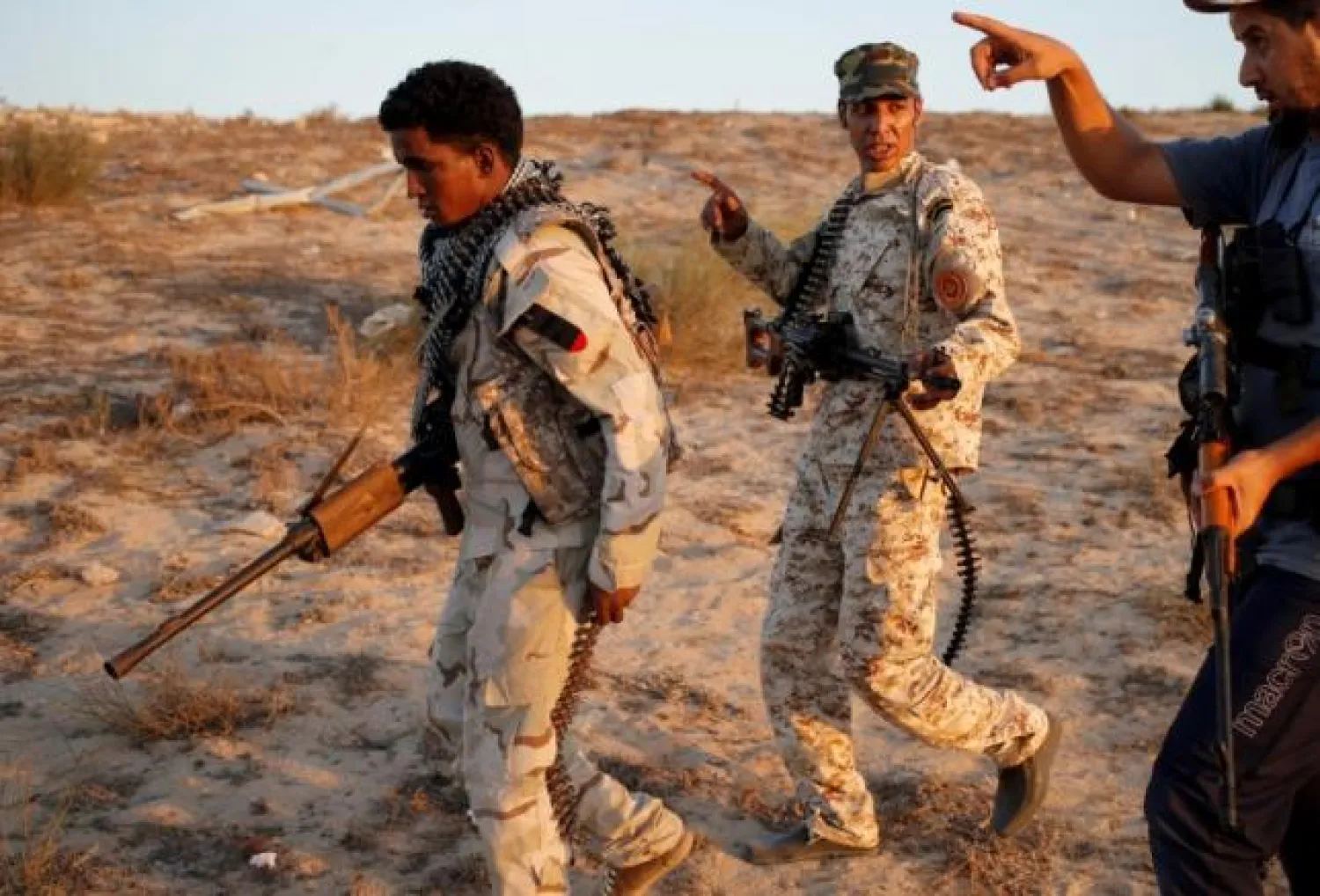UN-recognized government's Defense Ministry Spokesman Brigadier General Mohammed Al-Ghasri, speaking in Sirte on Friday, reiterated that ISIS has become a global threat.
On that note, the US military has conducted airstrikes against ISIS in Libya this week. Two airstrikes 100 miles southeast of Sirte on Tuesday left "several" ISIS militants dead, the US Africa Command (AFRICOM), which oversees American military activities on the continent, said in a statement.
Six other US airstrikes last Friday killed 17 ISIS members and destroyed three vehicles in a desert camp approximately 150 miles southeast of Sirte, according to AFRICOM.
ISIS considers southeast Sirte an important region for its operations because it is home to several major oil fields like al-Bayda, Mabruk, Bahi, and Fida.
ISIS in Libya is reorganizing on the outskirts of Sirte, on the gulf by the same name, under the name "army of the desert", the head of investigations at the Libyan prosecutor general's office, Siddiq al-Sour, was quoted as saying by the BBC's website.
The report is one of many released by the magistrate and based on statements made by ISIS militants questioned by investigators. Al-Sour explained the settlement of ISIS in Libya with the financial support that the "Libyan government" granted in the past to militants of the now-dissolved Ansar Al-Sharia and Al Qaeda. The funding then allegedly changed hands from Ansar to ISIS.
ISIS Libyan militants took control of Sirte in May 2015. It was subsequently retaken by Libyan forces between August and December 2016.
A country of about 6.4 million people, Libya descended into chaos in 2011 when an uprising and international intervention led to the overthrow and subsequent execution of former regime head Moammar Gadhafi.
The civil war has divided the country into two governments, the U.N.-backed Government of National Accord in Tripoli and the Russian-backed Libyan National Army in Tobruk, with each laying claim to power.
The United States stands by the Libyans and supports their efforts to combat terrorist threats.
More so it continues to reaffirm its strong position on continuing to put pressure on the terrorist network, and prevent ultra-hardliners from establishing a safe haven.
Spokesman Brig.Gen. Ghasri, leading forces loyal to the Tripoli-based government waging a war against terror group ISIS under the name of Operation ‘Al-Bunyan Al-Marsoos,’ told Asharq Al-Awsat that the recent US strikes against ISIS sites was performed by a drone.
He also pointed out that his forces began a broad sweep of the struck post, to register the toll whether in material or human losses suffered by ISIS.
Ghasri said that his forces, over the last three days, strained the desert and remote areas south of Sirte.
He pointed out that forces lead an open pursuit of armed elements affiliated with the extremist organization.









